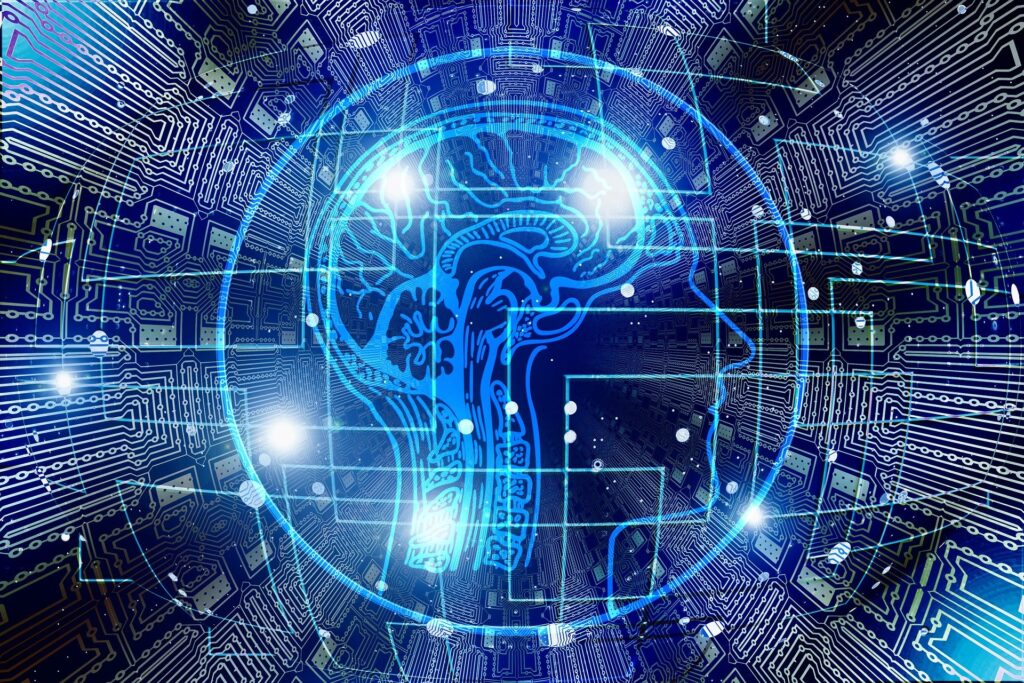Artificial intelligence or AI is the capability of a machine to display human-like intelligence and to use it to solve problems as humans do – only much faster and with much more accuracy. Given the proper environment, an AI machine can continue to churn the data for months continually without ever asking for breaks!
The logistics industry and supply chains are going through a lot of changes and sometimes complete overhauls due to the application of Artificial intelligence. We can now perform predictive analysis of customer behavior months in advance and order our supplies accordingly or autonomous vehicles can run on smart roads for hours without ever getting tired like human drivers. AI has also helped in stopping pilferages and leakages at warehouses, one of the biggest causes for such losses and reduced costs.
Some important applications of Artificial Intelligence or Machine Learning in logistics and supply chain management are listed below:
- Consumer Demand Prediction– AI systems use big data and data from various other historic and global sources to predict consumer behavior and make forecasts. The internal data re (such as sales history) are cross-referenced with external and historic data to identify what most of the customers are planning to do or go or buy. The retailers, stores, and supply centers can stock their supplies according to the anticipated demand and never lose a customer. It also helps to control over and under stocking and reducing wastages.
Also Read: Artificial Intelligence: Transforming the Way WordPress Works
- Improvement in Customer Experience–With help of proper AI, you can improve the overall experience of your customers. Clients get a faster and more accurate response making them feel valued and important. AI-enabled IVRS and chatbots, like Alexa or Siri, or Google Assistant, can give you a more personalized experience. They can answer your questions and also do work on your behalf it t can be done online like doing monthly grocery shopping.
- Automated Warehouse Management–Warehousing is one of the most important and biggest bottlenecks in the overall logistics and supply chain. AI is used to automate and transform operations such as inventory taking, analysis, valuation, and finding the location of packages. Many warehouses now employ automated loaders that track the predefined path and load or unload the boxes onto shelves. This has reduced wastages and misplaced packages by 100% and saved costs substantially.
- Route and Convoy Optimizations–The transport by air, water, road, or rail always requires routing and route optimization. Which package to send in which type of container and by what route is almost a mystery. Transport coordination becomes easier with AI as it can accurately process all possible combinations and constraints to give you the most economical and fastest route. Automated fleet management by processing updated traffic data and sending alerts to truckers about the same can become a handy tool.
Also Read: Artificial Intelligence Software Development Company & Services
- Information Control and Tracking–predictive analysis, inventory control, and fleet management all result in better coordination and document processing. The BOM, PO, and many such documents can be processed automatically and electronically saving precious time. Documents for customs and taxation purposes can be tracked, and their approvals sped up. The customers’ automated home systems can place automatic orders that can be automatically processed and even may be delivered automatically by drones.
- Autonomous Vehicles–Or driver-less vehicles are no more a fancy but a reality. AI has helped the development of self-driving vehicles as part of fleets of transport trucks, vans, and buses. The benefits of driverless vehicles are numerous for logistics such as reduced fuel usage, more time on the road, optimized routes, lesser accidents, elimination of human costs associated with long journeys.
Also Read: Logistics and Transportation Mobile App Development Cost and Features
- Smart Roads–Smart roads are roads that are fitted with special sensors, LED lights, special paints and are connected to a smart grid. Such roads can generate real-time traffic and vehicular data, congestion, and pollution. They can also advise autonomous vehicles to change lanes or control speeds to result in optimum efficiency.
Thanks for reading our post “How AI is Transforming Logistics and Supply Chains”, please connect with us for any further inquiry. We are Next Big Technology, a leading web & Mobile Application Development Company. We build high-quality applications to full fill all your business needs.












